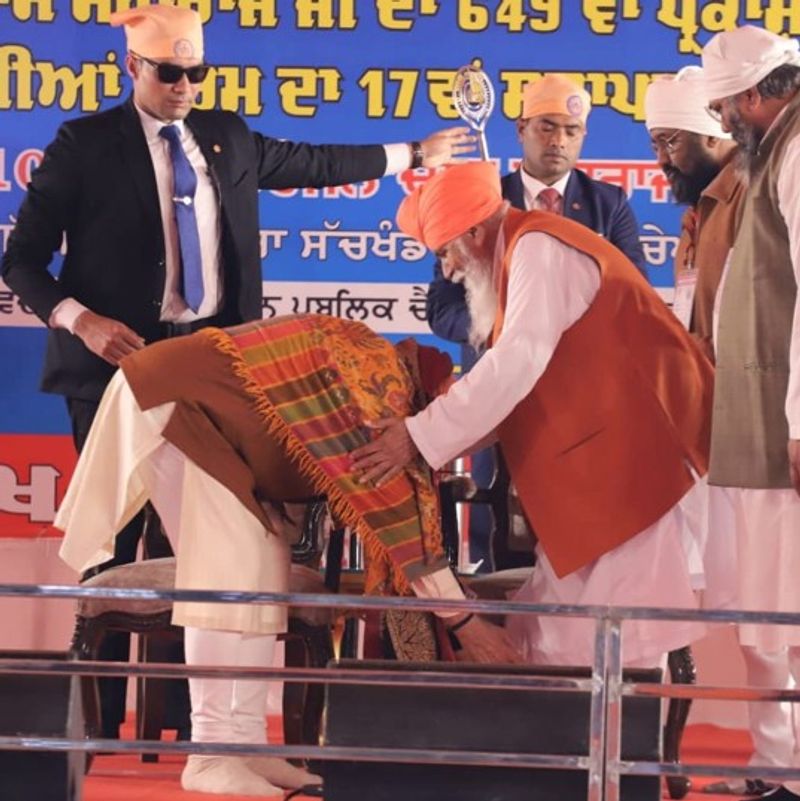Listen To This Post
New Delhi: The National Green Tribunal (NGT) has restrained the Punjab government from utilising funds belonging to the Punjab Pollution Control Board (PPCB) and the Forest and Wildlife Conservation Department, following a plea by civil society group Public Action Committee (PAC). The stay will remain in force till September 3, when the matter is scheduled for the next hearing.
The state government had recently directed various departments to transfer ₹1,441.49 crore, including ₹250 crore from the PPCB and ₹84 crore from the Forest Department, into the consolidated state account. PAC, comprising environmentalists and activists, moved the NGT arguing that such diversion of funds was illegal and unconstitutional.
“These funds are meant exclusively for environmental protection and conservation, not for general state expenditure. The government must release them back to the respective departments so that statutory duties can be fulfilled,” PAC stated in its petition.
Appearing personally before the tribunal’s Principal Bench in New Delhi, PAC members Kapil Arora and Kuldeep Singh Khaira argued that the transfer order violated Supreme Court directives, provisions of the Compensatory Afforestation Fund Act (CAMPA) and PUNCAMPA rules. The apex court has mandated that such funds be used strictly for afforestation, wildlife protection and ecological regeneration, they said.
“Today, the Bench issued notice to the respondents and ordered a stay on utilisation of these funds till September 3,” Arora and PAC’s Jaskirat Singh told reporters outside NGT headquarters.
PAC member Dr Amandeep Singh Bains added that the PPCB, being an autonomous body, could only spend its funds on environmental restitution and improvement. Similarly, the Forest Department corpus comprised money collected against tree felling and land-use transfers, which could not be diverted for unrelated purposes.
“Funds generated for protecting ecology and ensuring regeneration cannot be treated as state revenue under Articles 266 and 283 of the Constitution,” the petitioners asserted.
The case is expected to set an important precedent on whether cash-strapped state governments can tap environment-linked funds for general expenditure, or must remain locked for ecological conservation.















